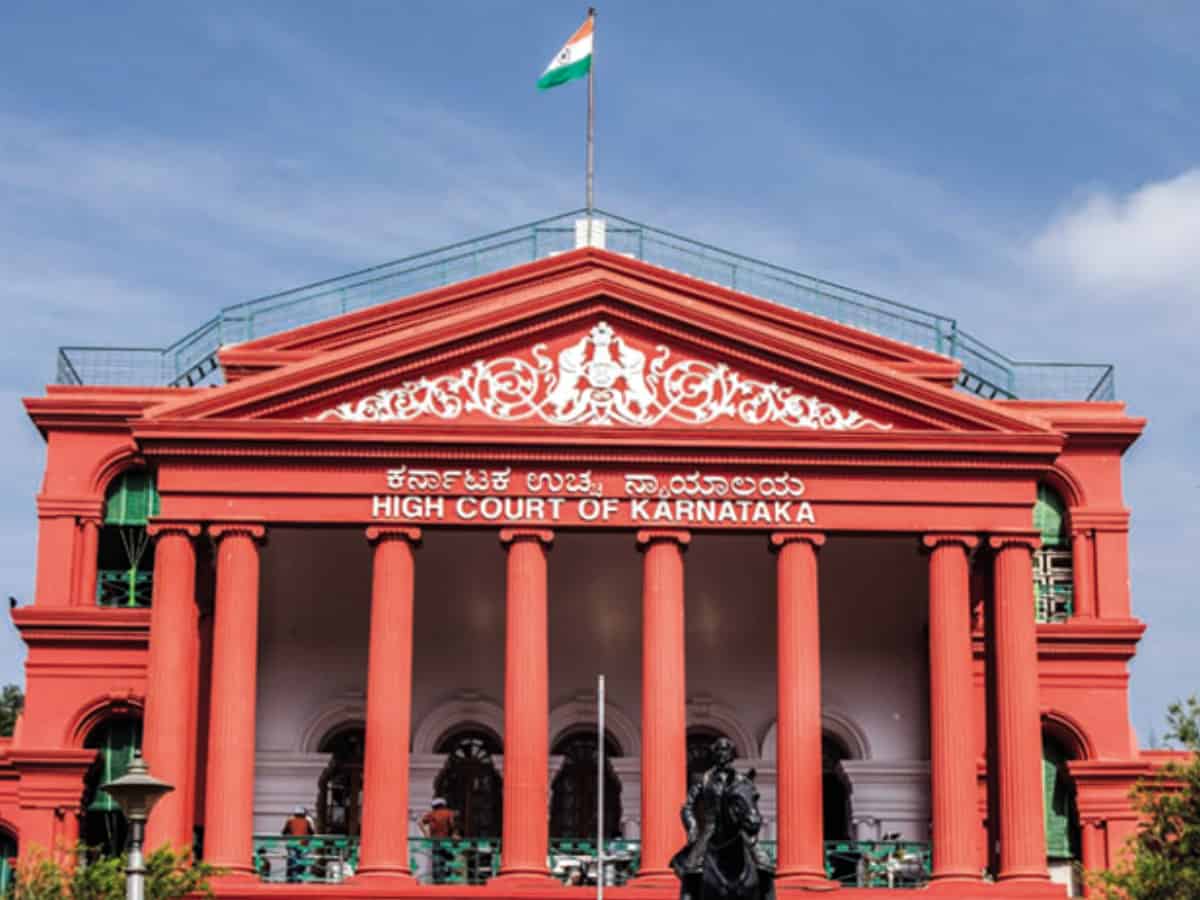
Bengaluru: Quashing a case pending before a special court, the Karnataka High Court has castigated the authorities for unnecessary delay in taking action that leads to the accused going scot-free.
A case was registered by the Drug Inspector-1 Bengaluru under the Drugs and Cosmetics Act, five years and seven months after it got a laboratory report that the Assay for Folic Acid’ that was being sold was Not of Standard Quality. In the case at hand, the crime itself is registered after 5 years and 7 months of receipt of report of the sample from the hands of the Laboratory. Therefore, such delay which generates statutory bar could not have been condoned on the specious plea of the prosecution awaiting unnecessary sanction or permission on a misreading of the statute, the high court said allowing the petition filed by the company and its two directors for quashing the case against them.
Ms Emcure Pharmaceuticals Ltd, its MD Satish Ramanlal Mehta and director Mahesh Nathalal Shah approached the high court with their petition.
On January 5, 2012 the Drugs Inspector had visited Tulasi Pharma and taken sample of a drug manufactured by Emcure. The sample was sent for tests to the Drugs Testing Laboratory in Bengaluru.
The report on January 27, 2012 stated the drug was Not of Standard Quality. Notice and letters were addressed to the company which denied the allegation.
The Drugs Inspector sought permission from the Drugs Controller to file a case against the company. On December 8, 2017, the Drugs Controller gave the necessary permission. A case was registered on January 2, 2018.
The Special Court for Economic Offences condoned the delay and took cognisance of the offence on March 20, 2018. The accused approached the Sessions Court, which also upheld condoning the delay. The company and the directors then approached the high court. Justice M Nagaprasanna gave his judgement recently.
The judge noted that Section 468 of the Criminal Procedure Code bars courts from taking cognizance after lapse of the period of limitation.
The period of limitation is mandated to be one year if the offence is punishable with imprisonment for a term not exceeding one year. The limitation period is three years if the offence is punishable with imprisonment for a term exceeding one year but not exceeding three years.
The provisions of the Drugs and Cosmetics Act under which the complaint was filed against the company and its directors carried a maximum punishment of two years. The HC therefore noted that the complaint was registered 3 years and 8 months after the period of limitation was over. The HC judge said that in exceptional circumstances the court can condone the delay. But on the case on hand, Section 468 of CrPC would be applicable.
He allowed the petition and quashed the case pending before the lower court. It had some advice for the authorities too.
It becomes necessary to direct the competent authority to register the crime in such cases, in quick succession and not resort to red tapism and let the alleged guilty go scot-free on the plea of limitation. The Authority should also necessarily peruse and understand the statute for registration of crimes in such matters, as delay will defeat the very object of penal action under the statute and it is always said that procrastination is the thief of time, the court said.



